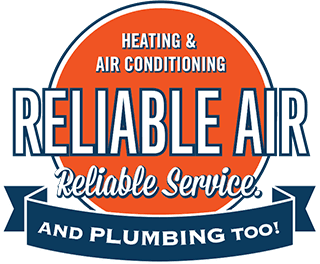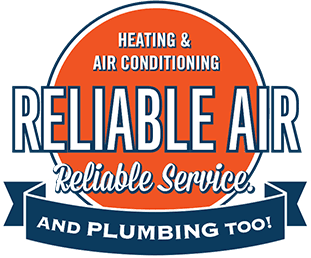As you shop for a new air conditioner, you may be wondering what size AC you need.
Our answer? It depends. Since AC size depends on so many factors, the only way to know exactly what size AC you need is to have a professional perform a “cooling load calculation.”
Some online sources will share general recommendations based on the square footage of your home, like the following list:
- 1,000–1,200 sq/ft = 21,000 BTUs
- 1,200–1,400 sq/ft = 23,000 BTUs
- 1,400–1,500 sq/ft = 24,000 BTUs
- 1,500–2,000 sq/ft = 30,000 BTUs
- 2,000–2,500 sq/ft = 34,000 BTUs
- 2,500–3,000+ sq/ft = 42,000–60,000 BTUs
However, these “rule-of-thumb” recommendations are NOT ACCURATE because they don’t take into account the other factors of a cooling load calculation (more on that later).
In this article, we’ll cover the following info:
- A quick overview on how AC size is measured
- Why you need a pro to perform a cooling load calculation
Let’s start by looking at how AC size is measured (BTUs and tons)...
Want a San Marcos pro to calculate what size AC you need?
How AC size is measured (a quick overview)
Air conditioner size refers to how much heat a particular system can remove from your home.
The bigger the AC, the more heat it can remove.
AC manufacturers use 2 units of measurement to indicate AC size:
- BTUs (British Thermal Units)
- Tons
Below is a list of how BTUs and tons equate:
- 12,000 BTUs = 1 ton
- 18,000 BTUs = 1.5 tons
- 24,000 BTUs = 2 tons
- 30,000 BTUs = 2.5 tons
- 36,000 BTUs = 3 tons
- 42,000 BTUs = 3.5 tons
- 48,000 BTUs = 4 tons
- 54,000 BTUs = 4.5 tons
- 60,000 BTUs = 5 tons
Most residential AC systems range from 18,000 BTUs to 60,000 BTUs (or 1.5 tons to 5 tons).
Now you may be wondering, “Is bigger better when it comes to AC size?”
Not necessarily. An air conditioner that’s too big for your home and cooling needs can cause problems like:
- Higher energy bills: An AC system that’s too big will cool your home really fast, which means it will start and stop frequently. This frequent start-stop routine uses a lot of energy, which will increase energy bills and shorten the lifespan of your AC.
- Shorter lifespan: The more your AC turns on and off, the more wear and tear it puts on the motors and other internal components of your AC, which will shorten the overall lifespan of your AC system.
- High indoor humidity: Since an AC that’s too big will shut off quickly, your AC system can’t remove as much humidity from the air which means your indoor humidity levels will increase. Greater indoor humidity levels could lead to mold growth and discomfort.
And if you get an AC that’s too small, your AC will run constantly trying to cool your home, which can lead to discomfort and more expensive energy bills.
So, it’s important to get the right size AC for your home, which is why you need a professional to perform a cooling load calculation...
Why you need a pro to perform a cooling load calculation
Besides square footage, a cooling load calculation takes into account such factors as:
- Your home’s insulation levels
- The quality of your home’s ductwork (are your ducts leaky?)
- The climate of where you live
- Number of windows, doors and rooms in your home
- The material and construction of your roof
- The height of your ceiling
- And much more
Since a cooling load calculation looks at so many factors specific to your home, it’s complicated to compute. That’s why it’s best to have a trained professional, who has the right tools and software, to handle a cooling load calculation.
And remember, if a professional gives you a quick recommendation based only on the square footage of your home (using a chart similar to the one we shared in the beginning), that’s not an accurate estimate of AC size. If you hire a contractor that uses those “rule-of-thumb” methods to recommend size, you risk getting an AC that’s too big or too small for your home.
Want to know what size AC you need?
All of our techs are trained on how to accurately perform a cooling load calculation, so you can rest assured you’ll get an accurate and honest size estimate from us.
Learn more about our AC installation services by visiting our AC installation page.


